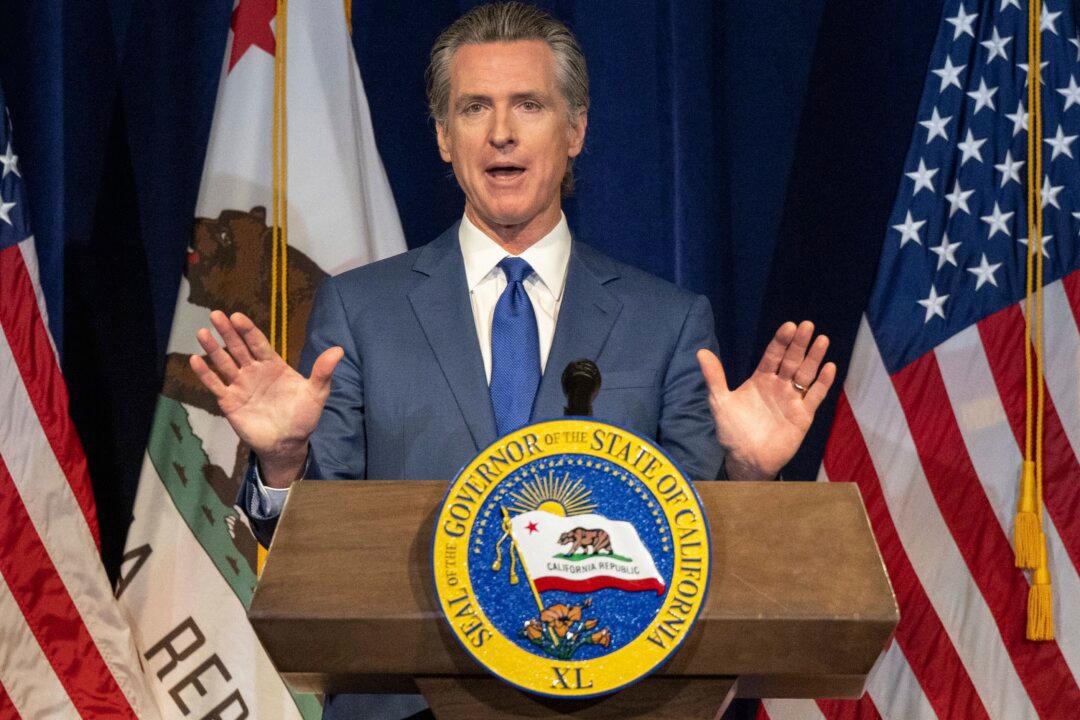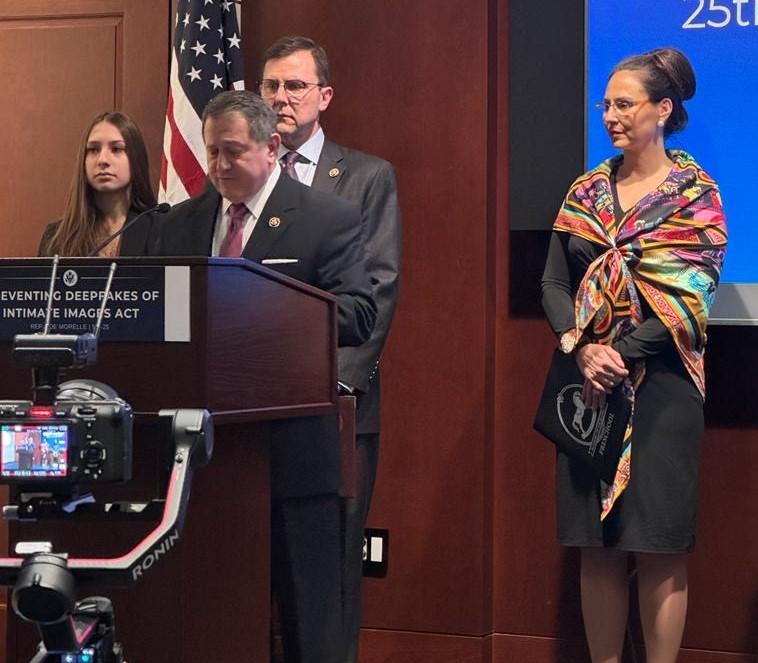The National Rifle Association (NRA), the leading gun ownership advocacy group in the United States, is having none of California Gov. Gavin Newsom’s call for an amendment to the U.S. Constitution, the 28th in the nation’s history, to instate what he calls “common sense gun safety measures.”
The NRA responded immediately to Newsom’s June 7 announcement, describing it as a coy publicity maneuver, and sleight of hand, to weaken gun rights in the name of protecting the public.





